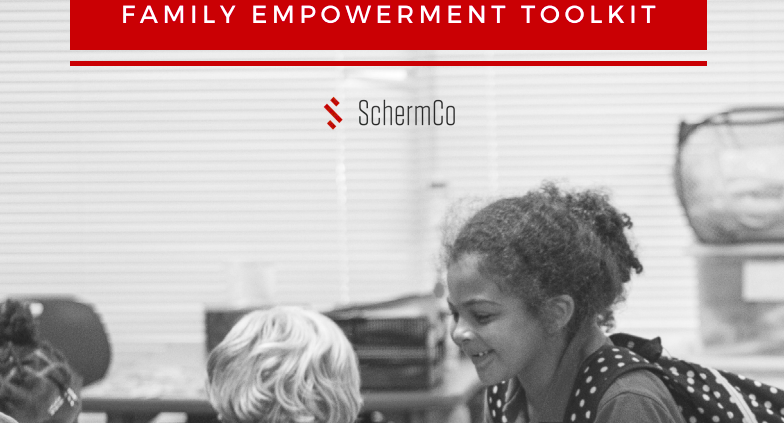Open is better than closed.
It’s near-universal in its truth: Doors, societies, minds — all better when they’re open.
Education is no exception.
School districts across the country have begun to see the value in opening up educational resources, replacing outdated textbooks covered in brown paper bags with a digital-age equivalent that is adaptable and open to the public. In fact, 121 districts in 20 states have joined the U.S. Department of Education’s #GoOpen initiative, which supports “the use of openly licensed educational resources to transform teaching and learning.”
On the other hand, others in the education space have been slower to embrace the potential. That’s costing us, in missed opportunities, lost connections, and stalled progress.
But first, a little background.
The open-source concept originated in the world of technology. It refers to software with a source code that has been made accessible to the public. Anyone can adjust it to improve its functionality or adapt it to meet specific needs. Think of open-source software as a foundation on which anyone can build just about anything.
But not everyone is a fan. After all, the open-source concept flies in the face of capitalism, an approach that values competition over collaboration.
But it’s a perfect fit in the world of education, where, as our work has proven consistently, collaboration is critical to the success of students and the system.
In our family empowerment initiative, for instance, we brought together teachers, administrators, students and families from two different schools — a district and a charter — with the goal of sharing resources, insight, and perspective and, in the process, ensure both institutions are even more equipped to support families. Early signs are promising and pointing towards improved attendance, student performance, and family engagement across both schools.
We’ve found a secret sauce — something that’s having a real, tangible impact with multiple stakeholders. The best part? We’re not keeping it to ourselves.
We talk openly about what makes our plan work, and we’ve outlined the details of our family empowerment initiative via a 20+ page toolkit for anyone to use, as well as the other innovative work in education we’ve done across the country, on our website.
That means anyone can read through our research and strategies. Anyone can adopt and implement the same approach, and anyone can take our foundation and iterate, coming up with a custom solution tailored to meet the needs of a different demographic.
We do that because we believe best practices and insights in education shouldn’t be limited to those who can pay for it. We also believe that our efforts are more powerful — and more effective — when more people are involved in the process. We’ve come up with ideas that have worked, but we have no doubt there are people out there who could take our work to the next level.
But how would we find out, if we didn’t make that information open to the public?
Just as the open educational resources, or OER, movement is replacing static, expensive, and limiting textbooks with resources that are cutting edge and adaptable, we are replacing an old-school, insular approach to education reform with one that supports collaboration and a continuous learning process.
We know we don’t have all the answers. We never will. And that’s the point. There is no silver bullet in education, but there are a lot of smart, driven people working toward a common goal. If we start to share what we’ve learned, what we can create will be bigger and better than the sum of its parts.
So check out our website. Look at our case studies. Take what you want, leave what you don’t. And then share with us your ideas for how our work could be adapted, tweaked, or improved. Maybe you’ll see an opportunity to work together (we love that). Maybe you’ll spot an answer to a problem you’ve long been trying to solve. Maybe it will just get your wheels turning.
Regardless, we hope it helps solve whatever challenge you might be facing.
If it doesn’t, we hope it inspires you to create something that will.

